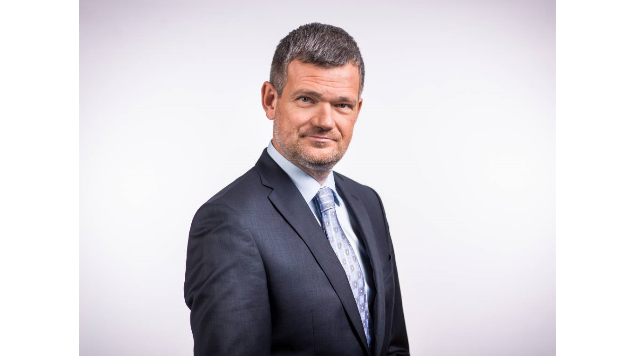Leaders of future

It is the responsibility of the present generations of the most successful Slovenian managers to sensitively look for and raise their successors, who will be able to address the challenges of future.
I dedicate this note to reflection about what our role—managers—will be in the future, what skills we will have to use if we want to play on the field with the best, and how to act if we want to achieve above-average results. What will managers who successfully guide their organisations in aggravated circumstances be like in 10, 20 years? Will they be enlightened managers of the future or firm pragmatists who win by being unrelenting?
The changing nature of work offers part of the answer. The future of work is coming in the form of adequately developed soft skills, which happily utilise the potential of artificial intelligence. The latter will put leaders of future at the forefront of the challenge of how to be creative, think critically and solve complex problems. Companies will be after managers who will possess the right mixture of leadership mindset and technical skills. They will be looking for paths and ways for transforming interpreted information into sensible business decisions. Such approach will show the way towards development, higher added value and stronger competitiveness, which will lead to progress and greater welfare.
Exploring new boundaries
In its basic outline, the role of managers will remain the same: leading organisations towards targeted goals and planned results. But they will do this in a significantly different way. A manager of future will have to deal less with hierarchy, and will have better access to ideas and knowledge. The dynamics and agility of the organisation where they will work will be higher. This will be impossible without adaptability and flexibility. Digital technologies and artificial intelligence will be their constant followers. Exploring new boundaries and experimenting with solutions will be an integral part of the business processes behind which they will stand. They will be guided by the awareness that unusual solutions can be a completely equal element of the creation of new value.
A leader of future will delegate tasks more, which will enable them to pay more attention to recognising the potential of teams and individuals. When they recognise potential in the right people and cells of the company, they will allocate tasks. Management of future will rely even more on trust. This will be good, because organisations based on trust are healthier internally and externally. And it will be an opportunity. An opportunity because such organisations are stronger and capable of more effectively absorbing external shocks, respond to them appropriately and come out even stronger from that.
Associating the different
It is impossible to round off this thinking without mentioning the ability to recognise human traits, passions and talents and to put the right employees in the right places. Human resources management will rise above all other fields in terms of importance. Associating the different, from ideas to characters and approaches, into something unified which will work, will be one of the key tasks. Can you imagine a challenge bigger than managing and guiding human potential and peoples' emotions, drive, originality, non-conformity, determination, and audacity? These characteristics are the generators of value in the 21st century. The question is how to appropriately associate it with self-discipline, orderliness, economy, rationality, reliability, and balance. All this is the raison d'être of management. This is why management came to be in the first place. And this is why it exists: to coordinate the characteristics listed and lead them controllably to a goal.
I find it important to emphasise that thinking about the transfer of knowledge must be an element of the vision of future. It is the responsibility of the present generations of the most successful Slovenian managers, brought together in the Managers' Association, is to sensitively look for and raise their successors, who will be able to address the challenges of the future from the professional and personal aspect.
Tomaž Berločnik, vice-president of the Managers' Association of Slovenia and president of the management board of Petrol